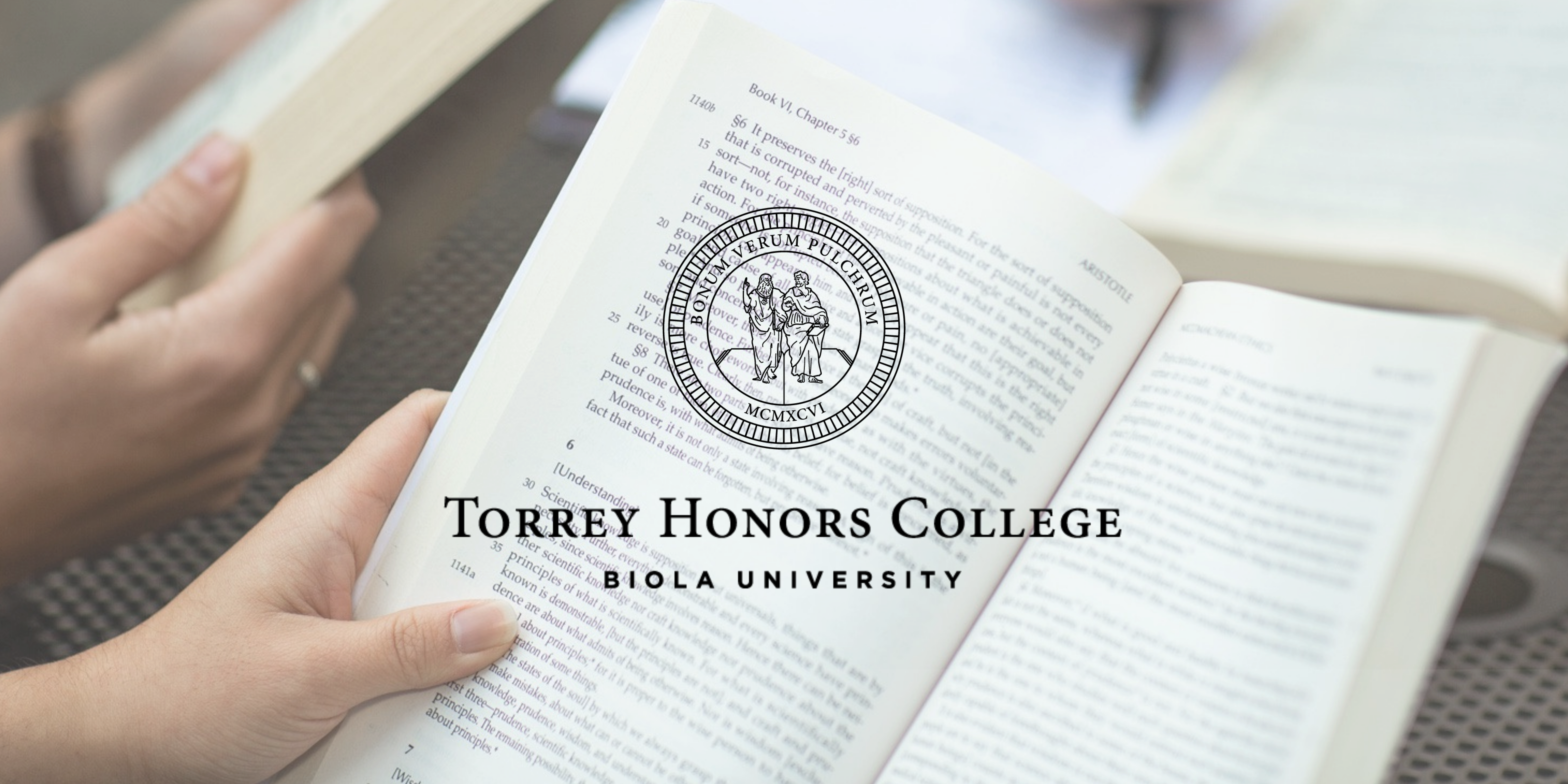Thomas Aquinas’ treatise on the Trinity in the first part of his Summa Theologiae runs from question 27 to 43. It’s a vast discussion, all but comprehensive in its coverage of the most important elements of Trinitarian theology. So sweeping an account could start from
Essay / Theology

